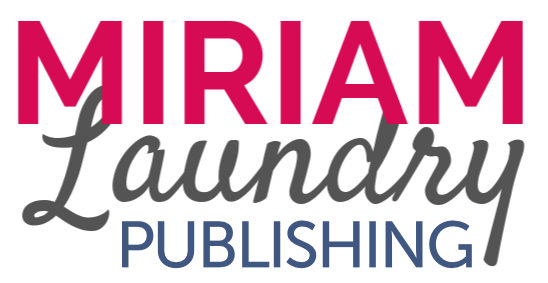Many authors think a traditional publisher is approaching them when, actually, a hybrid publishing company is knocking at their door.
If you think a traditional publisher is reaching out to you, but they're asking you to pay an upfront fee, they’re actually a hybrid publisher.
Rest assured — Hybrid publishing can be a fantastic option for any children’s book author, especially for first-timers.
(Actually, hybrid publishing is a service my company provides through the Publishing Mastermind program.)
Even though every hybrid publisher does things a bit differently, there is a basic structure to this publishing option.
How It Works
When you choose hybrid publishing, the company you're working with will ask you to pay an upfront cost. In exchange, the hybrid publisher will provide you with valuable services. The exact services provided will vary depending on which company you decide to work with.
But before you sign with a hybrid publisher, you’ll want to know the answers to these three questions:
3 Questions to Ask Your Hybrid Publisher

What exact services do you provide?
Different publishers will offer different services. You’ll want to know exactly what you’re paying for before you sign any contracts.
For example, here is an overview of the services my company offers to those enrolled in the Publishing Mastermind:
We will...
- Publish your book
- Provide professional editing
- Handle all of the book design
- Take care of your eBook & Amazon set-up
- Create personalized social media marketing graphics
- Support you through email communication, mastermind group calls, and private coaching sessions
And more...

Are there any royalty fees?
Sometimes hybrid publishers will also require a percentage of the income from your book sales (a royalty). Though this isn’t unusual, the best case scenario would be for you to keep 100% of the profits from your book sales. It’s essential to be aware of any royalty fees before signing their contract.
Who will have the rights to the book once it’s published?
One of the greatest benefits of not taking the traditional publishing route is that you can avoid giving up the rights to your children’s book. Make sure your hybrid publisher allows you to keep ALL the rights to your children’s book before you lock in any agreements.

Working with a hybrid publisher is a great option for first-time children’s book authors. The key is to do your due diligence and make sure you’re working with a reputable company that is dedicated to your success as a children’s book author.
Interested in working with me? Visit the Publishing Mastermind website to learn more and join the waitlist to find out when enrollment will open next.
